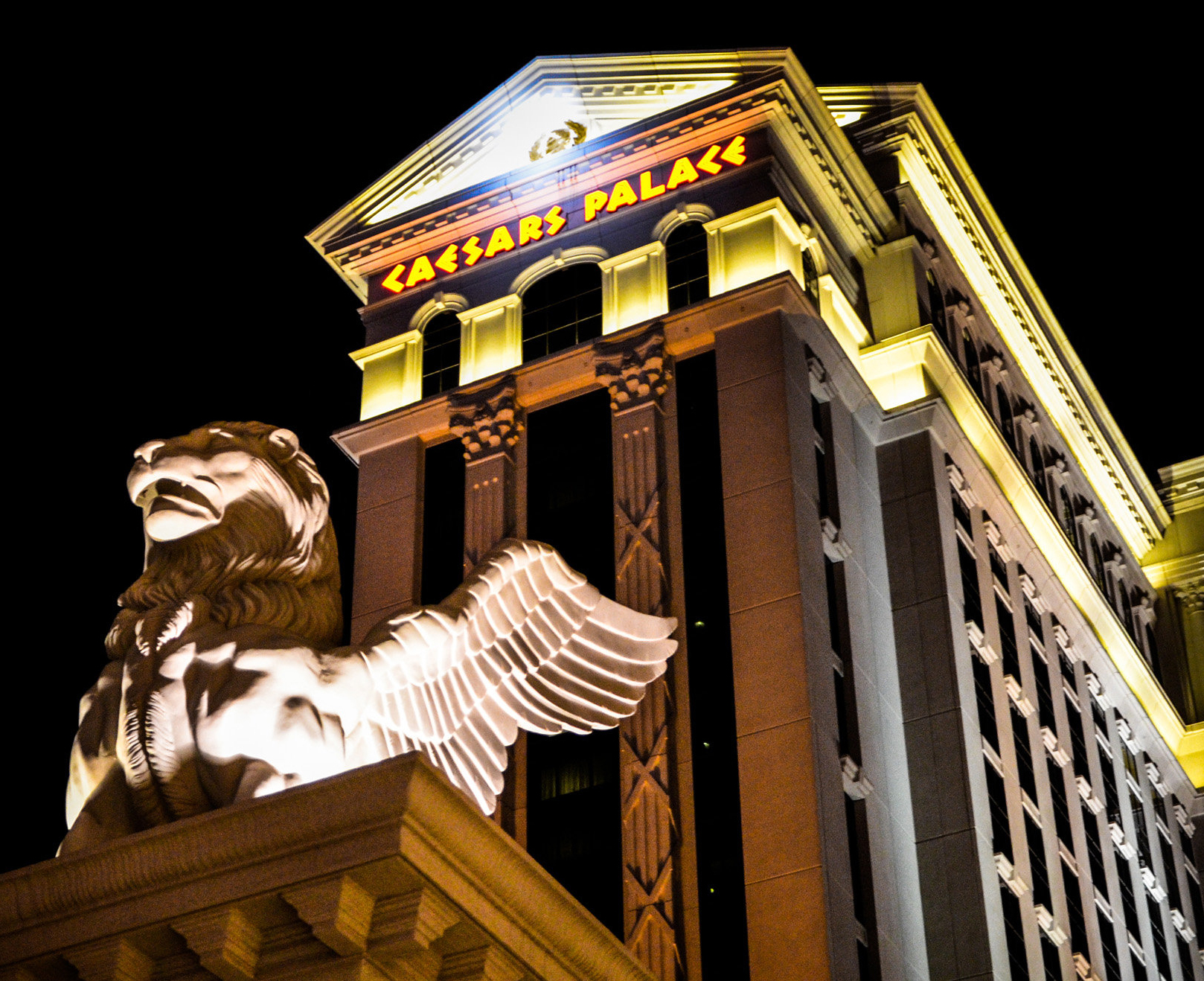 Caesars Entertainment Corp’s stock fell 11 percent yesterday, the most it has dropped in almost a year, after its stock began trading without rights to participate in an IPO of its online gambling unit.
Caesars Entertainment Corp’s stock fell 11 percent yesterday, the most it has dropped in almost a year, after its stock began trading without rights to participate in an IPO of its online gambling unit.
That caveat caused the company’s stock to fall to $19.91 at its close in New York, marking the biggest drop since November 14 last year. Since that time, the company’s stocks have almost tripled, which was largely attributed to the company’s plans to for its gambling unit in addition to the restructuring some of its debt, amounting to $23 billion.
But the drop of Caesars’ stock resulted in part because investors who bought the shares yesterday didn’t receive rights to participate in an IPO of the company’s new spinoff company, Caesars Acquisition Co. The newly formed company will comprise Caesars’ interactive division, Caesars Interactive Entertainment, the Planet Hollywood casino in Las Vegas, and the soon-to-rise $400 million Horseshoe casino in Baltimore, Maryland. Caesars’ decision to separate its assets was done primarily to keep them from getting tied down to its massive load. The IPO offering will be offered to Caesars’ shareholders, or at least those who didn’t purchase shares yesterday, all of whom will be able to buy one share of Caesars Acquisition’s stock for every share they own of Caesars Entertainment with the goal of generating $1.18 billion from the shares sales.
In a little bit of good news, the huge drop in Caesars’ stock didn’t stop it from losing its top social casino gaming publisher status in the third quarter. According to market research firm Eilers Research, Caesars Interactive’s 15 percent share of the market was enough for the company to retain no. 1 status, although growth in the mobile and tablet sector wasn’t able to offset the 7 percent decline it faced in Facebook social casino game revenues.
International Game Technology, the company that runs DoubleDown Casino, made a significant leap up the social casino game ranks, moving past the free-falling Zynga during the third quarter to become the second-largest social casino game publisher. Strong returns from the DoubleDown Casino, specifically the five-percent growth it achieved from its Facebook and mobile apps, contributed largely to the company earning a 13.6-percent share of the market.
Zynga, once hailed as the standard bearer when it came to social casino games, experienced another double-digit decline in revenues in part caused by lost market shares attributed to its Texas Hold’Em Poker offering on both mobile and Facebook options, as well as the closure of Zynga Slingo back in August after Real Networks purchased it. The continued decline of Zynga saw its market share drop to 11.5 percent in the third quarter.
About the few pieces of good news for Zynga was that Big Fish Games, which owns Big Fish Casino, the largest stand-alone social casino app on mobile (it generated $35.1 million in revenue in the this quarter), didn’t have enough juice to earn more than the 7.4 percent market share it currently has. WMS, which owns Jackpot Party Casino, one of the fastest-growing social casino games this quarter, ended with a 4.9-percent market share.
